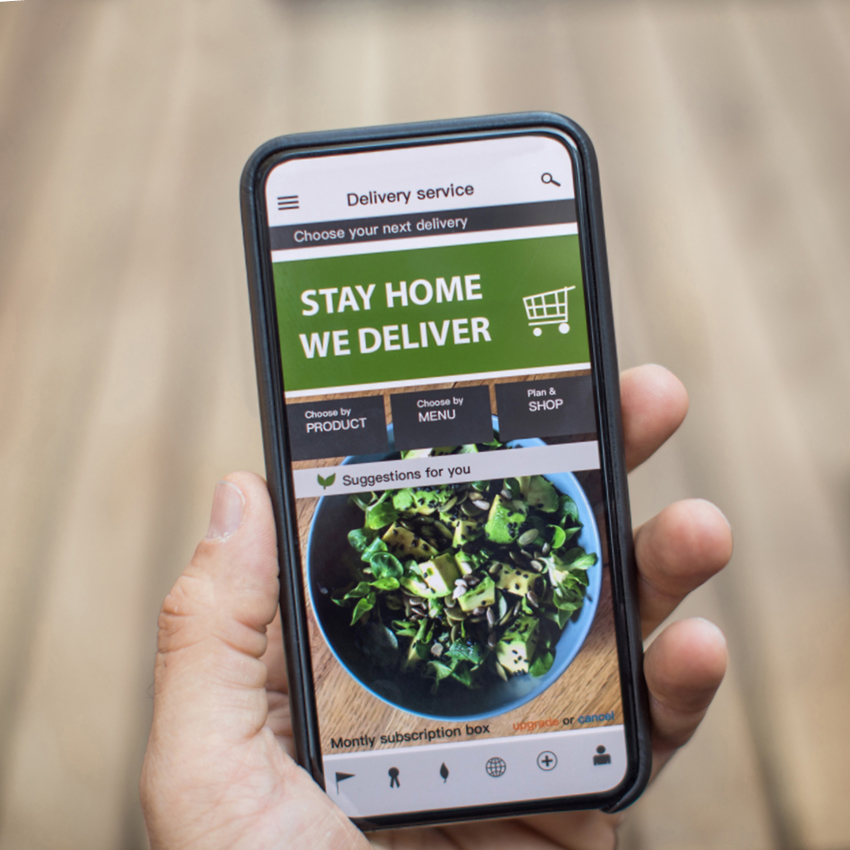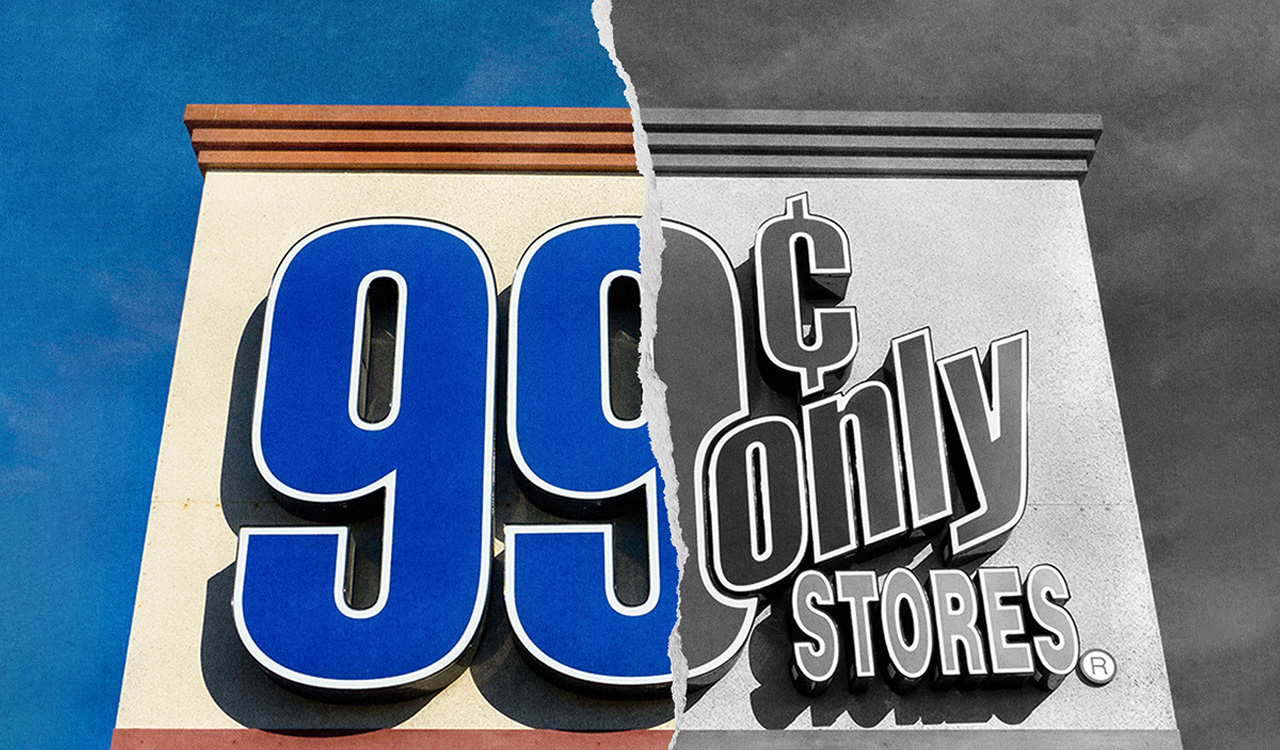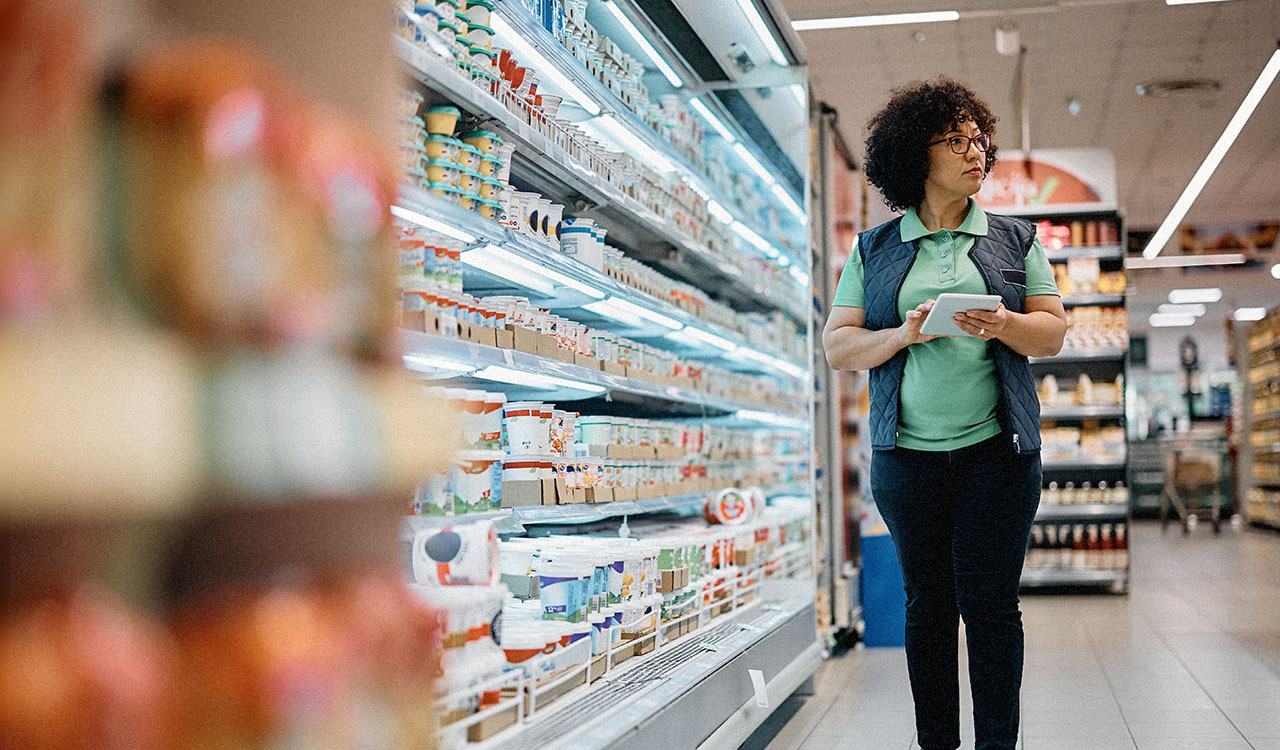The retail industry is in such a tumultuous state that it has most of us remembering fondly when we could call a few department store closures the \”retail apocalypse.\” Coronavirus hit the U.S. fast and hard, with many states and individual retailers closing up shop until further notice. California governor, Gavin Newsom, issued a statewide \”stay at home\” order and individuals can now face a fine or jail time for being caught outside on non-essential business. New York\’s governor, Andrew Cuomo, issued a similar stay at home mandate for non-essential businesses and the rumor is that more restrictive stay at home mandates will soon be put in place in areas where the novel coronavirus is hitting the hardest.
Which type of businesses qualify as \”essential retail\” have, thus far, been in the eye of the beholder. We\’re witnessing an unprecedented intersection between retail and government, with companies like GameStop calling themselves \”essential retail\” and staying open until the last minute amidst shutdowns. On March 19th, The National Retail Federation wrote to the federal government asking for clarification on which retail businesses fall into the \”essential\” category.
So, is this finally the \”retail apocalypse\” we\’ve been reading about for the past decade? Yes and no.
eCommerce Businesses Struggle to Establish New Norms
Even eCommerce is a dangerous business model at present. When an Amazon driver in Queens, New York contracted coronavirus, Amazon shut down the warehouse where that employee worked to prevent spread of the outbreak.
However, Amazon has received criticism for not shutting down warehouses in Europe where additional workers caught coronavirus. Amazon has also been scrutinized for requiring sick workers to keep coming to work to pack and deliver customer orders, with some employees and consumers worrying that Amazon itself may spread the coronavirus due to the company\’s ambivalence towards the health of its individual workers.
[callout]Which type of businesses qualify as “essential retail” have, thus far, been in the eye of the beholder. We’re witnessing an unprecedented intersection between retail and government.[/callout]
The Verge interviewed an Amazon worker at a facility in Washington, who said, \”We\’re all going to get sick eventually. The vibe with co-workers is that we are all probably going to get it. It\’s just a matter of time.\”
eCommerce retailers are also being put in the precarious position of deciding whether the services they offer are \”essential\” enough to merit remaining open. Most retailers consider their business to be \”essential\” in some form and, while many publications have come out with lists of what constitutes \”essential\” business, the onus falls on each state government to determine which businesses fall into that classification. There\’s a lot of room for error right now.
Millennials Fear Coronavirus, but They Won\’t Shop Like It
There has been an influx of memes chastising millennials for \”partying\” or \”going on spring break\” while ignoring the coronavirus quarantine. Actually, it\’s Gen Z and a few scattered bridge millennials that are taking advantage of the cheap airline tickets, not the 30-somethings–many of whom are quarantined at home trying to convince their Boomer relatives to take COVID-19 seriously.
Millennial consumers are by and large highly anxious about the coronavirus epidemic, as well as its potential impact on their aging relatives. But in many cases, this is translating into millennial consumers spending more, not less, as coronavirus sweeps the nation. Supermarket News reports that millennials spent the most ($195.23) when stockpiling for the coronavirus quarantine, followed by Generation Xers ($179.24) and Baby Boomers ($150.88).
In-person shopping trips are obviously a thing of the past right now. While millennials are still spending online, many are fearful that coronavirus-related store closures will lead to another recession. Instead of spending on apparel, cosmetics and accessories, millennials are opting to purchase from DTC food brands like Fresh Direct, as well as food delivery apps that are offering no-contact delivery options, such as Uber Eats and Instacart. However, this may change as more cosmetic brands begin rolling out hand sanitizer and companies selling non-essentials begin to offer rock-bottom prices to combat the impact of coronavirus.
Companies that Stand Out from the Herd
This is a time that will separate the men from the boys, as far as retailers are concerned. Brands such as LMVH and Anheuser-Busch are stepping up to the challenge by using their manufacturing plants to create free hand sanitizer; others, such as Honeygrow restaurants and Julep cosmetics, have been called out for using the epidemic as a platform for poorly-timed sales pitches.
There\’s also the matter of retailers not paying workers on furlough. While some retailers have continued paying employees amidst the crisis, others won\’t or can\’t afford to. More than a million workers will lose their jobs by the end of March. Retailers that have remained open despite the outbreak have received flack for not protecting their employees–including Target, Amazon, H-E-B, and Albertsons–which are giving employees a $2 an hour pay raise to continue working during the crisis.
Business owners who can\’t continue paying employees during shutdowns have had to get creative to keep employees and customers engaged. One way that B2B companies can do this is by utilizing their network to connect service providers with potential clients. For instance, Randy Hayashi, COO of Payment Depot, sent out an email to the company\’s 10,000 members when news of the virus struck. He said, \”If you have a need or provide a good or service that could help someone else, let me know and I can try to make an introduction.\”
Retailers that provide essential services, however, are on hiring sprees. Walmart, Amazon, and CVS are among the megaliths looking to hire almost 500,000 Americans in the near future to meet with increasing demand. In fact, coronavirus-related closures may lead to the death of SMBs as we know them, as more large-scale retailers have the staffing and supply chain flexibility to meet customer demand during turbulent times. To remain afloat, many small format retailers that manufacture non-essentials, such as the custom fragrance company, Blackbird, have also begun manufacturing and selling hand sanitizer.
Final Thoughts
This is a time for brands and retailers to go into their dens and figure out how to directly service customers\’ basic needs. There is little room for luxury purchases right now, but retailers can stand out by manufacturing products that provide answers to customers\’ more pressing necessities–such as toilet paper, hand sanitizer, food, cannabinoids and beverages. Retailers will also need to refine their supply chains to service a nation in quarantine, whether that\’s small businesses hand-delivering essentials to customers\’ doorsteps, or ecommerce companies utilizing Amazon\’s delivery services to get their products to customers when shipping via traditional methods is uncertain.
This epidemic could be a temporary return to the time of our great grandparents and small-town retail owners–the industry is beginning to mirror the days most of us have only read about–when you called in a market order and a delivery person dropped the order off at your doorstep. Whole Foods is already doing this in New York City, and it won\’t be long before other grocers step up to the personalized delivery plate. If a retailer can tune into their customers\’ needs and bring what their customers want to their doorstep with no face-to-face interaction required, they have a good chance of weathering this crisis. And there is no underestimating the role of the internet as a connective technology to bring relevant, hopeful and supportive messaging directly to the laps of consumers who are increasingly anxious about what comes next.
In the midst of this type of upheaval, there is one thing we can know for certain: the retail industry, and the world at large, will never be the same.




